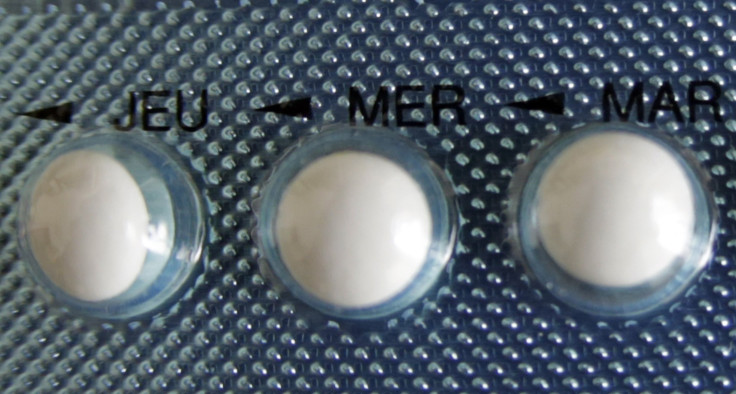What Happens When You Stop Taking Birth Control? For Women Trying To Get Pregnant, It May Worsen Immune System

Women who stop taking birth control risk a vitamin D deficiency, according to a new study published in the Journal of Clinical Endocrinology & Metabolism.
Researchers arrived at their conclusion after analyzing data and blood samples from young African-Americans participating in the Study of Environment, Lifestyle & Fibroids (SELF) in Detroit. Women answered questions about their birth control use, how much time they spent outdoors, and if they took any vitamin D supplements. Once the data was adjusted for sunlight exposure — a primary source of D — researchers found that women taking birth control pills, patches, and rings containing estrogen had 20 percent higher levels of 25-hydroxy vitamin D in their blood. This is what the kidney changes into the active form of the vitamin, which humans need for a strong immune system and bones.
Not really a surprise, study author Quaker Harmon, a postdoctoral fellow at the National Institute of Environmental Health Sciences, told Medical Daily in an email. A number of smaller studies have already shown an association between contraceptive use and vitamin D concentrations, she added. They were just able to consider a larger group of women and additional factors, such as time spent outdoors.
“Our findings add to the previous research and suggest that the association is due to the estrogen in hormonal contraception and no other behaviors associated with choice of contraception,” Harmon said.
It’s worth noting that some studies have found low vitamin D levels manifest differently in people across race and ethnicity. Some experts believe people with darker skin do not absorb vitamin D as easily as those with lighter skin, and in the United States, Harmon said African-American women are more likely to be vitamin D deficient.
This particular area of research is ongoing, Harmon said, but so far the association between the use of birth control and increased vitamin D levels has been seen in other studies focused on young and older women of different races and ethnicities. This is to say the findings may apply to all women.
So for women who are planning to stop using birth control, it might be worth it to stockpile vitamin D while trying to conceive and during pregnancy, Harmon and her team concluded. Outside of sunlight, that means increasing vitamin D-rich foods; the jury is still out on supplements. You can get more than two-thirds of your daily 600 international units (IU) of vitamin D from a single, three-ounce portion of sockeye salmon, according to Everyday Health. Canned tuna gives you about 150 IU for every four ounces; a glass of fortified milk or orange juice 100 to 125 IU, respectively; and egg yolks 40 IU. Adults 18 and older should aim to get 600 IU each day, and adults 71 and older should get 800 IU.
Source: Harmon QE, Umbach DM, Baird DD. Use of Estrogen-Containing Contraception is Associated With Increased Concentrations of 25-Hydroxy Vitamin D. Journal of Clinical Endocrinology & Metabolism. 2016.



























